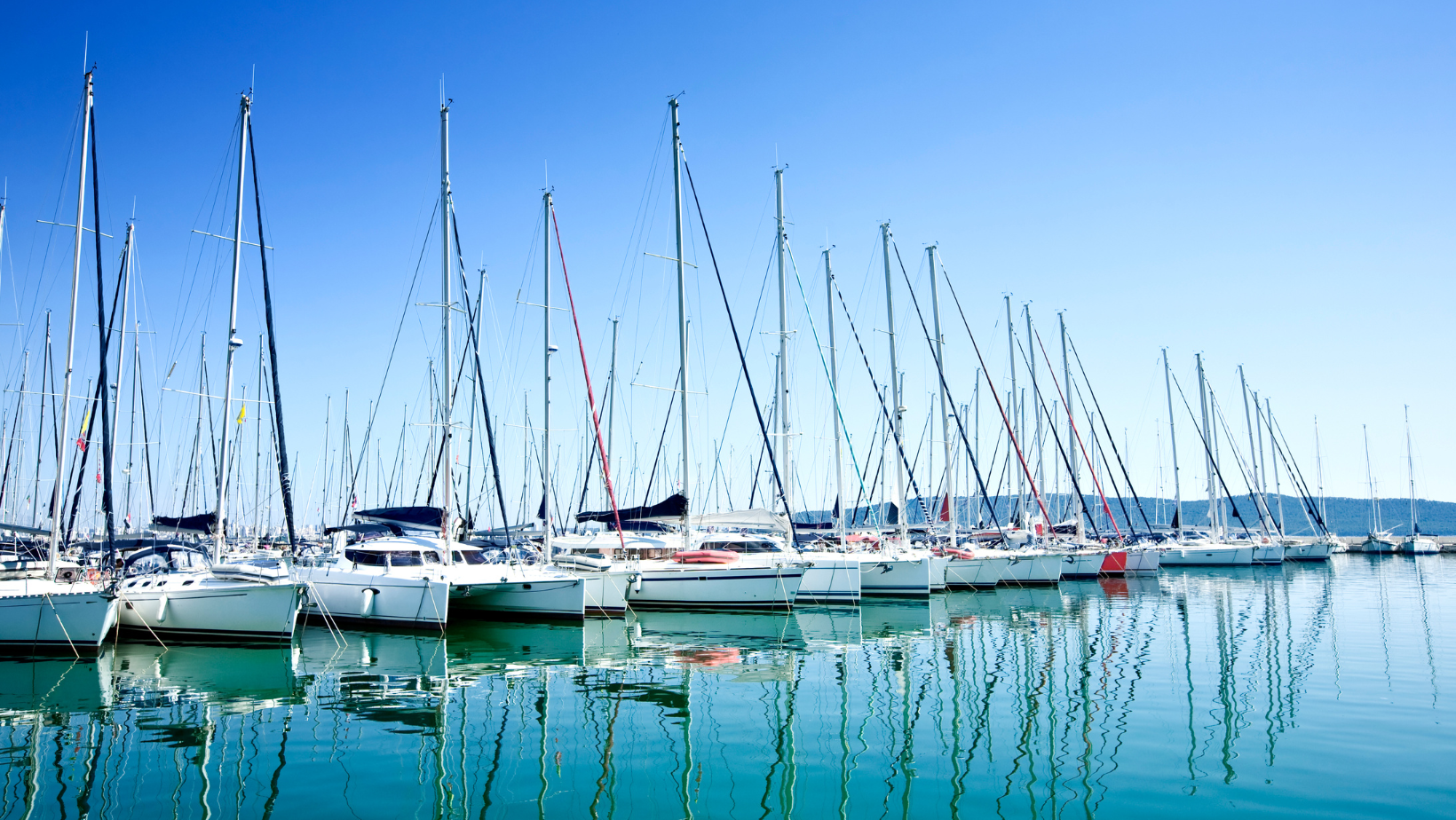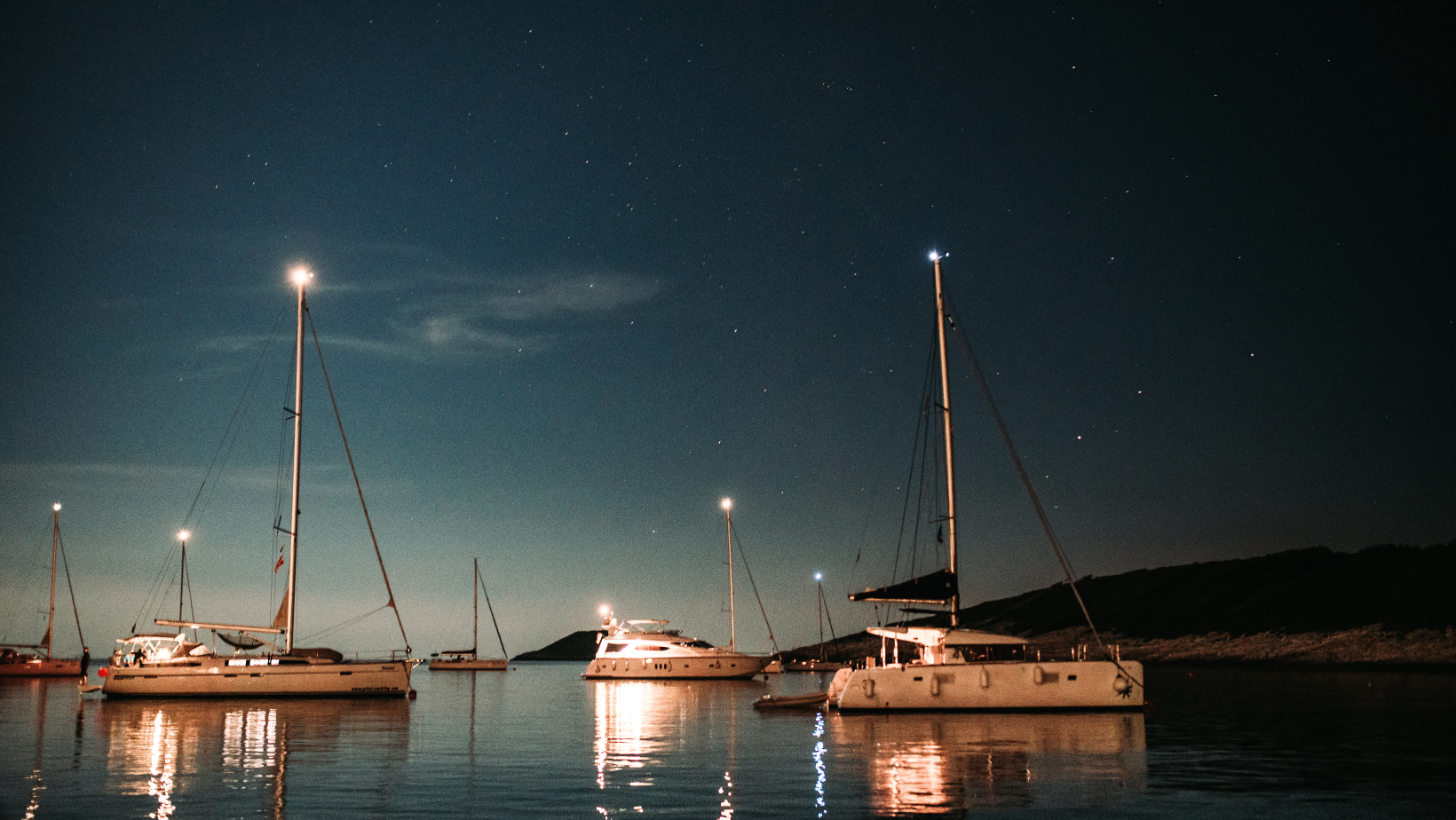

Embarking on a sailing holiday offers unparalleled experiences, blending adventure with relaxation. When it comes to crafting the perfect voyage, Sailogy stands out as the premier choice. With many years of experience in the industry and a dedicated crew of experts, Sailogy is adept at helping you plan the sailing holiday of your dreams.
If you're unsure where to start, look no further. This article serves as your compass, guiding you through the intricacies of sailing holiday planning. We'll highlight the four significant discussion points crucial for a harmonious journey, ensuring that every member of your crew is involved in the decision-making process and that your adventure is meticulously planned with no stress.
Let Sailogy advise you on the best practices for your next sailing adventure.
Selecting the appropriate vessel sets the foundation for an unforgettable journey. Consider factors such as group size, space requirements, destination characteristics, and preferred holiday type. For larger groups or families seeking ample space and privacy, a catamaran offers superior comfort and spaciousness. Conversely, smaller groups may find sailboats more intimate and fitting.
Destination nuances also influence boat choice. In regions with shallow waters, like the Caribbean, catamarans excel, effortlessly navigating these conditions. Conversely, windier locales such as the Cyclades present an exhilarating challenge for traditional sailboats.
Understanding your group's preferences and the intended holiday experience guides this crucial decision. Whether prioritizing space, maneuverability, or adventure, aligning your boat choice with your aspirations ensures a tailored and gratifying voyage.

.
Efficient sailing entails balancing technical prowess with leisurely exploration. Understanding your crew's inclinations—whether towards the technicalities of sailing or the serenity of the sea—will foster a harmonious atmosphere onboard. Envisioning your desired routes and destinations in advance, in consultation with your crew and skipper, ensures a tailored itinerary. A daily briefing serves as an effective tool for cohesive planning, maximizing enjoyment for all.
While terrestrial distances may seem insignificant, sailing introduces a distinct perspective. Aim for four to five hours of sailing daily, covering approximately 25 nautical miles. This pace optimizes both journey enjoyment and destination variety, unveiling hidden gems accessible solely by sea.
.
Choosing between anchoring and docking at marinas shapes your holiday experience. Anchoring offers an enchanting communion with nature, as the gentle sway of the boat induces restful slumber under the starlit sky. Coastal paradises like Croatia, Greece, or Sardinia beckon with rugged coastlines perfect for tranquil anchorages.
However, periodic visits to marinas ensure essential restocking and terrestrial excursions. Local markets unveil culinary delights to enhance onboard dining experiences. Striking a balance between anchoring and marina stays optimizes comfort and adventure, allowing for flexibility amidst changing weather conditions and unforeseen detours.

.
Food plays a pivotal role in holiday enjoyment. While some relish culinary exploration ashore, others seek the intimacy of onboard dining. Achieving a harmonious blend of both experiences enriches your sailing escapade.
Modern boats boast fully equipped kitchens, facilitating onboard culinary endeavors. Fresh, locally sourced ingredients, particularly seafood, elevate the gastronomic journey. Embrace restaurant dining during marina stays to savor regional cuisines, seamlessly complementing onboard meals.
Whether embracing the untamed allure of seafaring or immersing in coastal towns' charm, a sailing holiday promises unparalleled adventures and lasting memories.
Explore our website for expert recommendations on boats and destinations, ensuring your next holiday is truly unforgettable.

Our regular email newsletters include information about our boats, holiday ideas, destination insights and cultural briefings. You can unsubscribe at any time and we'll treat your data with respect, never passing on your details to third parties. Find full details of our data management in our Privacy policy page
By signing up, I agree to Sailogy's T&C's and Privacy policy

Looking for inspiration for your next sailing holiday? Packed with insights on trending sailing destinations plus stories from expert sailors and first-timers, our brand new digital magazine - Magister Navis - will guide your way to your next sail.
View magazine